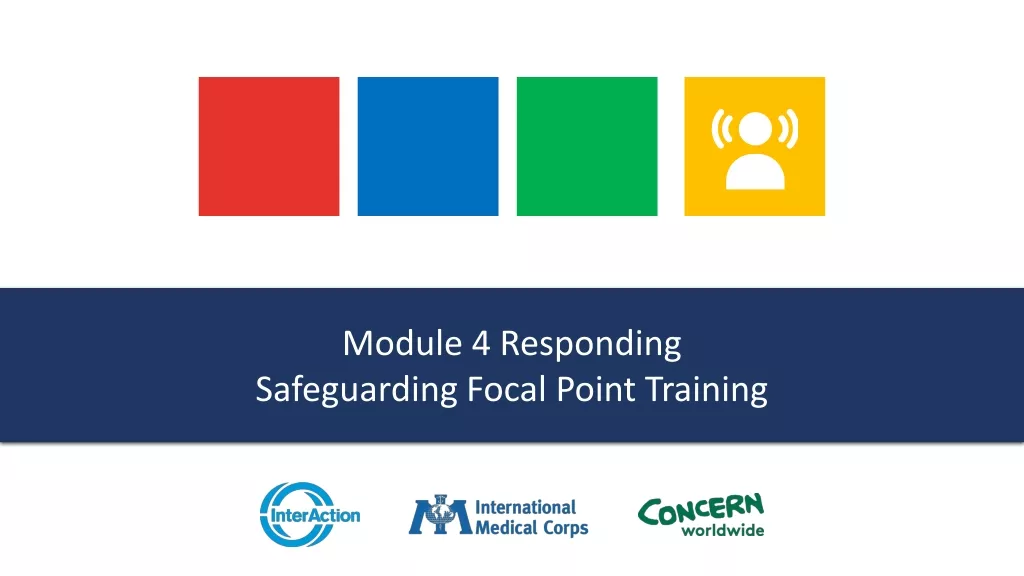
Spring 2013 Freshmen Orientation and Academic Requirements
Get ready for the Spring 2013 semester with mandatory freshmen orientation sessions covering general education review, foundational skills, and academic planning. Discover the four categories of courses, including lower and upper division options, breadth requirements, and major-specific advising for success in your academic and career journey.
Download Presentation

Please find below an Image/Link to download the presentation.
The content on the website is provided AS IS for your information and personal use only. It may not be sold, licensed, or shared on other websites without obtaining consent from the author. If you encounter any issues during the download, it is possible that the publisher has removed the file from their server.
You are allowed to download the files provided on this website for personal or commercial use, subject to the condition that they are used lawfully. All files are the property of their respective owners.
The content on the website is provided AS IS for your information and personal use only. It may not be sold, licensed, or shared on other websites without obtaining consent from the author.
E N D
Presentation Transcript
FRESHMEN ONLY All 2ndsemester freshmen are required to complete this requirement before being able to register for Fall 2013 courses If you are listed as an Undeclared student, this session will satisfy your 2ndsemester mandatory advising requirement. If you are declared as any of the following majors, you must go to see your major advisor to clear this requirement Engineering Music Liberal Studies Pre-business Pre-nursing SmittCamp Honors Student Athletes
I. General Education Review II. GE Quiz III. Semester Academic Plan
Developing and Strengthening Basic Skills Developing and Strengthening Basic Skills Success in your Major Success in your Major Success in your Career Success in your Career
Four Categories Four Categories Lower Division - -Foundation - -Breadth ( (Numbered 1 Lower Division Foundation Breadth Numbered 1- -99) 99) Upper Division - - Integration - -Multicultural/ International (Numbered 100 Upper Division Integration Multicultural/ International (Numbered 100- -199) 199)
FOUNDATION Area A FOUNDATION- - 12 Units Area A- - Fundamental Skills and Knowledge 12 Units Fundamental Skills and Knowledge A1 A1- - Oral Communication Oral Communication A2 A2- - Written Communication Written Communication A3 A3- - Critical Thinking Critical Thinking B4 B4- - Quantitative Reasoning Quantitative Reasoning **Must be completed with a C grade or higher
BREADTH BREADTH- - 27 Units 27 Units Area B Area B- - Physical Universe and It s Life Forms Physical Universe and It s Life Forms Area C Area C- - Arts and Humanities Arts and Humanities Area D Institutions & Behavior Area D- - Social, Political & Economic Institutions & Behavior Social, Political & Economic Area E Development Area E- - Lifelong Understanding and Self Development Lifelong Understanding and Self- -
BREADTH Area B Forms B1 B2 B3 BREADTH Area B- - Physical Universe and It s Life Forms B1- - Physical Sciences B2- - Life Sciences B3- - Laboratory Component Physical Universe and It s Life Physical Sciences Life Sciences Laboratory Component
BREADTH Area C Humanities BREADTH Area C- - Arts and Humanities Arts and C1 C2 C1/C2 C1- - Arts C2- -Humanities C1/C2- - Arts or Humanities Arts Humanities Arts or Humanities
BREADTH Area D Institutions & Behavior D1 D2 D3 BREADTH Area D- - Social, Political & Economic Institutions & Behavior D1- - American History D2- - American Government D3- - Social Science Social, Political & Economic American History American Government Social Science
BREADTH Area E Understanding and Self BREADTH Area E- - Lifelong Understanding and Self- -Development Lifelong Development
INTEGRATION INTEGRATION- - 9 units 9 units Area IB Universe and It s Life Forms Area IB- - Physical Universe and It s Life Forms Physical Area IC Humanities Area IC- - Arts and Humanities Arts and Area ID and Economic Institutions and Behavior, Historical Background Area ID- - Social, Political and Economic Institutions and Behavior, Historical Background Social, Political
MULTICULTURAL / INTERNATIONAL MULTICULTURAL / INTERNATIONAL- - 3 3 units units Area M/I Area M/I
Upper Division courses may not be selected from your primary major. You must also have completed or be approaching 60 units before enrolling in Upper Division courses
Lower Division Five Areas (Areas A, B, C, D & E) (39 Units) Upper Division Four Areas (Areas IB, IC, ID & MI) (12 Units) Total of 51 Units (Minimum) ** only one course in each area
Pre-requisites What is a Pre-requisite? Pre Pre- -requisite requisite
Pre-requisites Lower Division Area B1- Completion of Area B4 Areas C2, D1, D2 & D3- Completion of Area A2 Upper Division Area IB- Completion of Foundation & Area B Area IC- Completion of Foundation and Area C Areas ID & MI- Completion of Foundation and Area D
Units Earned or Completed Good Standing (Campus and Cumulative GPA) Probation (Campus or Cumulative GPA) Disqualification (Campus or Cumulative GPA) Student Level Freshman 1 29 units 2.00 or above 1.99 to 1.50 GPA 1.49 GPA or below Sophomore 30 59 units 2.00 or above 1.99 to 1.70 GPA 1.69 GPA or below Junior 60 89 units 2.00 or above 1.99 to 1.85 GPA 1.84 GPA or below Senior 90+ units 2.00 or above 1.99 to 1.95 GPA 1.94 GPA or below Post Baccalaureate 0+ units 2.00 or above 1.99 to 1.95 GPA 1.94 GPA or below Graduate 0+ units 3.00 or above 2.99 to 2.00 GPA 1.99 GPA or below
Lower division courses are numbered between A) 0-60 B) 100-199 C) 1-99 D None of the above
Foundation courses must be completed with a C grade or higher A) True B) False
A specific course that is required to be completed before enrolling in another course is called A) Lower division course B) Upper division course C) Major course D) Pre-requisite
Upper division courses may not be taken sooner than the term in which 60 units are completed A) True B) False
The General Education courses consist of a minimum of how many units? A) 30 units B) 61 units C) 51 units D) 75 units
Which of the following is not part of the General Education categories A) Breath B) Integration C) Multicultural/International D) Exploration
To maintain a good academic standing, a student must have a gpa above A) 2.50 B) 2.00 C) 1.80 D) None of the above
In your groups, discuss what you feel will be your top 3 challenges next semester. Share strategies to address these challenges.
Balancing Time management Family roles and responsibilities Culture
Utilize Resources Utilize Resources COMPUTER LABS WRITING CENTER LIBRARY TUTORS
Fill in the GE courses that you have successfully completed.
Fill out the semester academic plan to include courses that you plan to take next semester






















